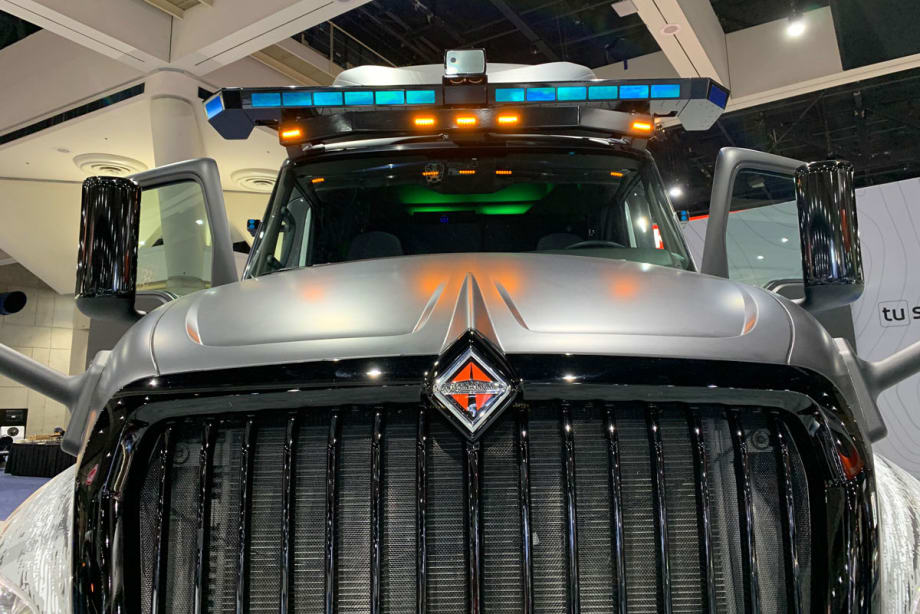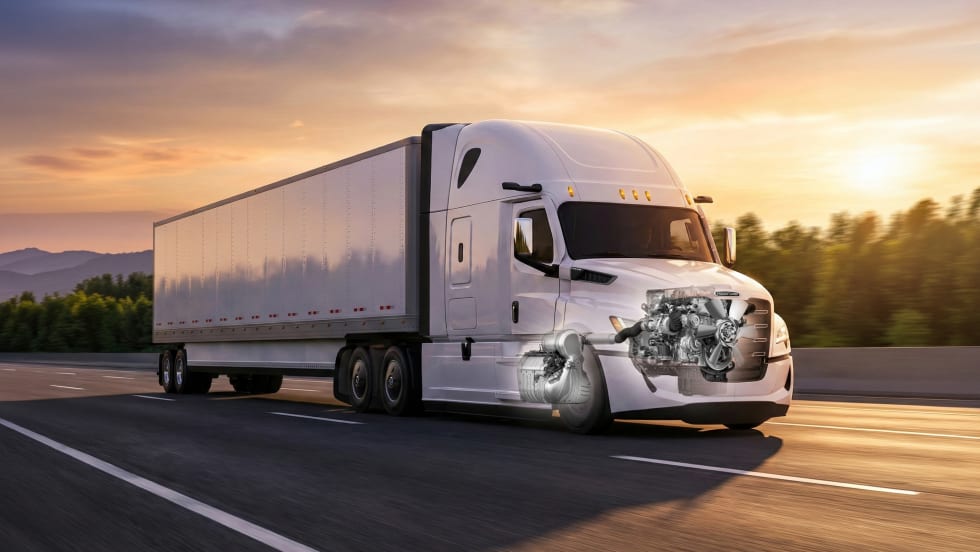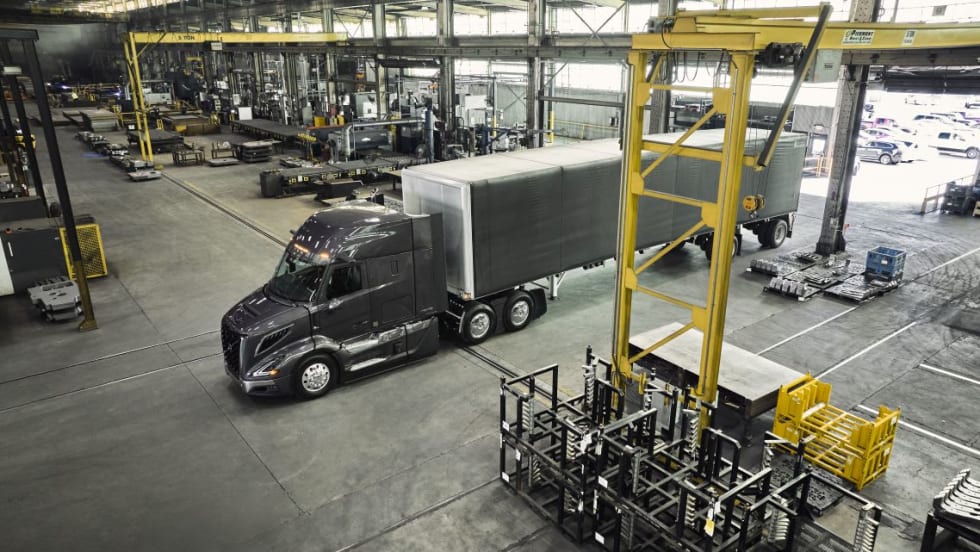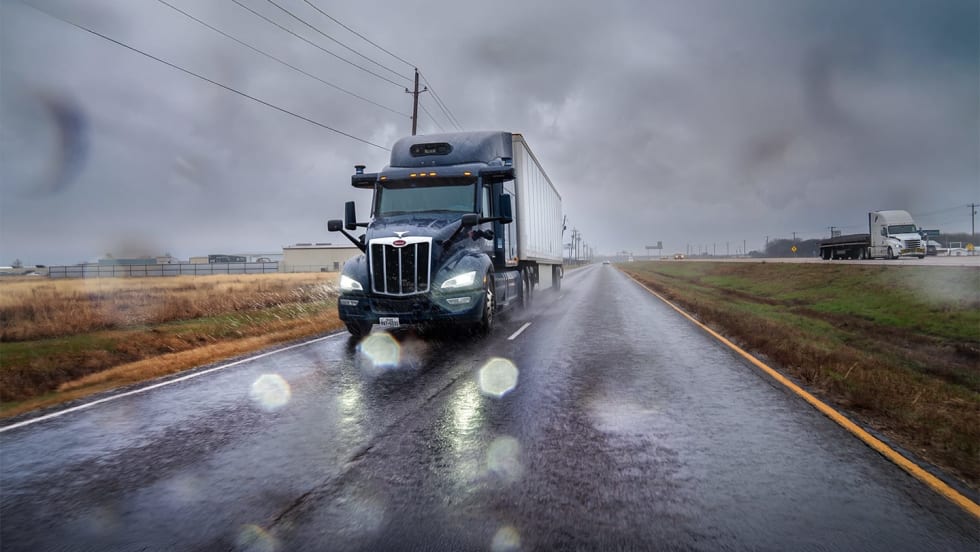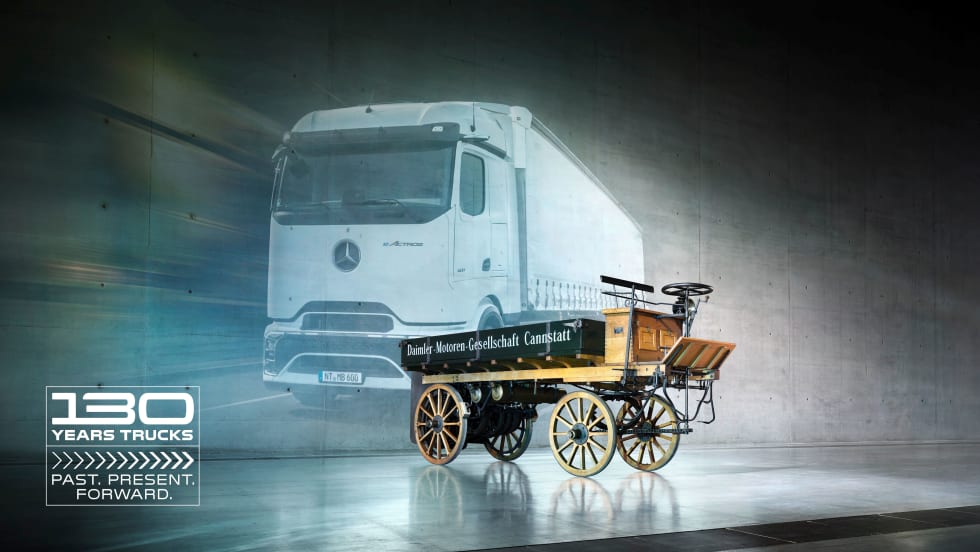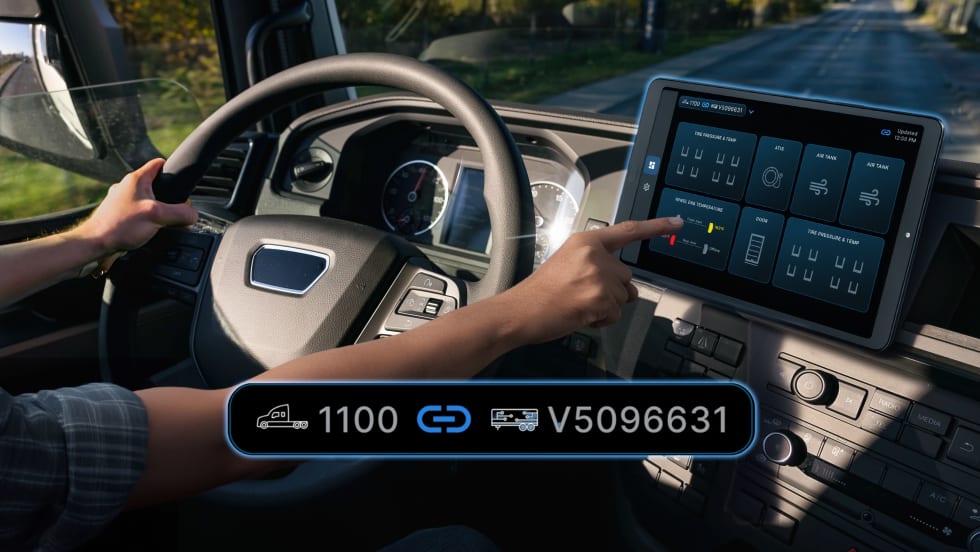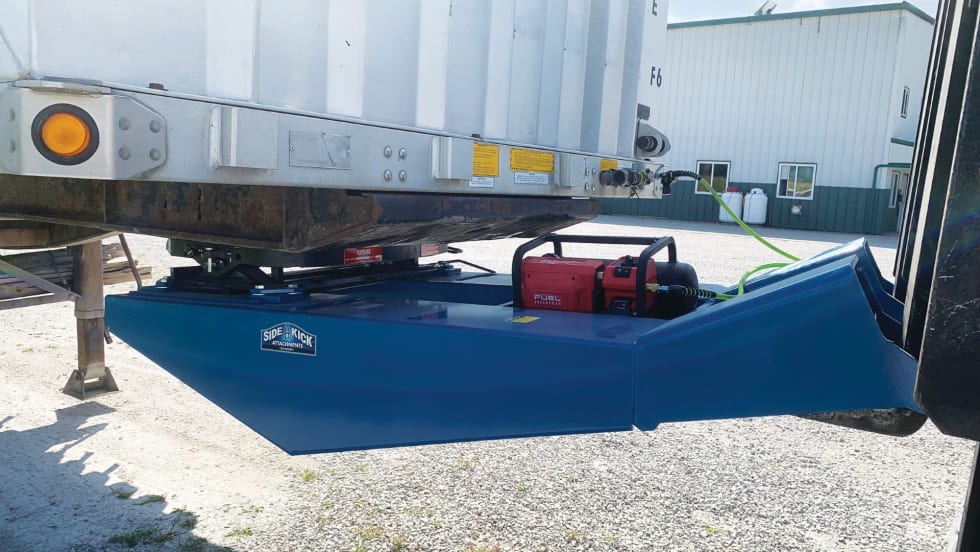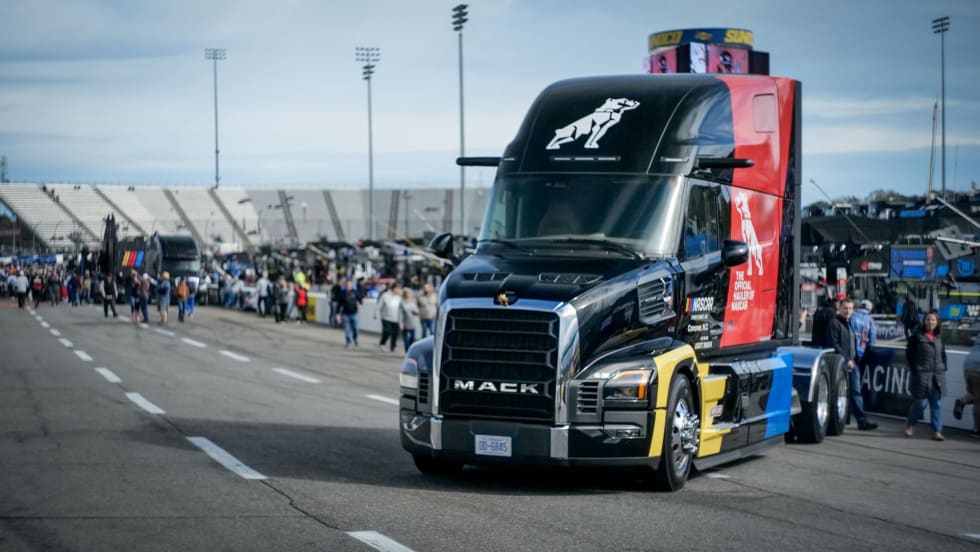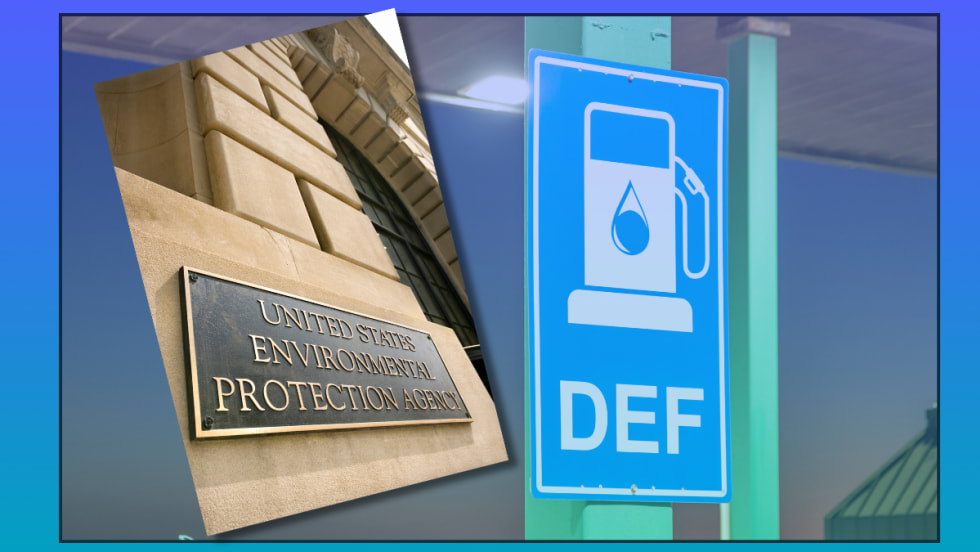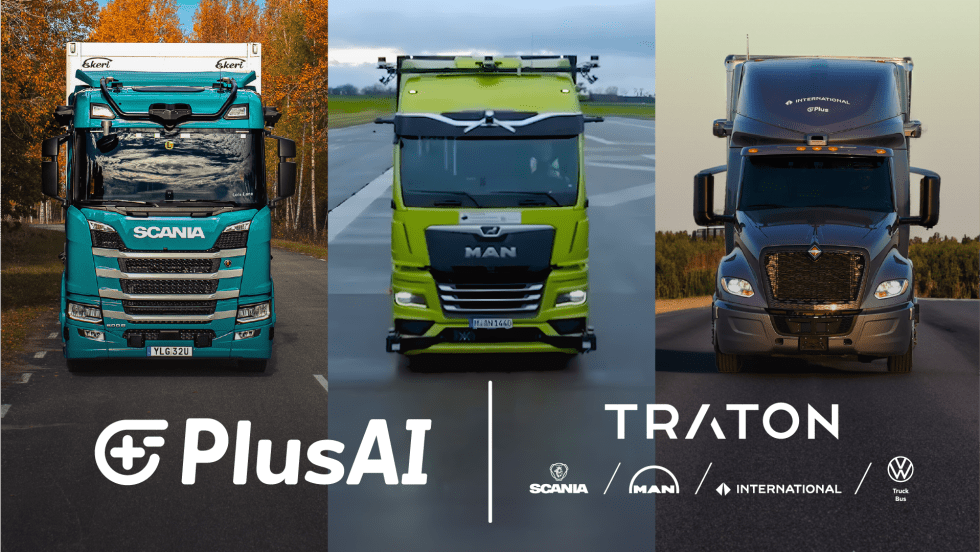A TuSimple Timeline
2015: TuSimple is founded by Hou and Chen.
2017: TuSimple begins autonomous freight operations.
2019: Raising $95 million in funding, TuSimple becomes a “unicorn,” which in the investment world is a privately held startup company with a value of over $1 billion. UPS invests later that year.
2019: TuSimple says it plans to offer fully self-driving trucks within five years.
2020: TuSimple launches its Autonomous Freight Network and announces a partnership with Navistar and with Traton.
2021 May: TuSimple and Navistar announce they have 6,775 reservations for International LT trucks equipped with TuSimple’s autonomous system.
2021 December: TuSimple says it has completed the first driver-out autonomous run on public roads.
2022 February: TuSimple announces it has automated the nation’s first trucking lane.
2022 April: A TuSimple truck makes contact with a concrete medium divider.
2022 May: FMCSA launches a “safety compliance investigation” of TuSimple related to the April incident.
2022 July: TuSimple launches an internal investigation into allegations of an improper relationship with Hydron Inc., started in 2021 by Mo Chen, TuSimple’s co-founder.
2022 September: Jim Mullen, the former Federal Motor Carrier Safety Administration acting administrator who joined TuSimple in 2020, leaves the company.
2022 October:TuSimple fires co-founder Xiaodi Hou, CEO, president and chief technology officer, citing its internal investigation, which found that the company shared confidential information with Hydron without relevant non-disclosure agreements in place, and some employees spent time working for Hydron.
2022 December: Navistar and TuSimple announce they have ended their autonomous-truck partnership. TuSimple announces restructuring and layoffs.




